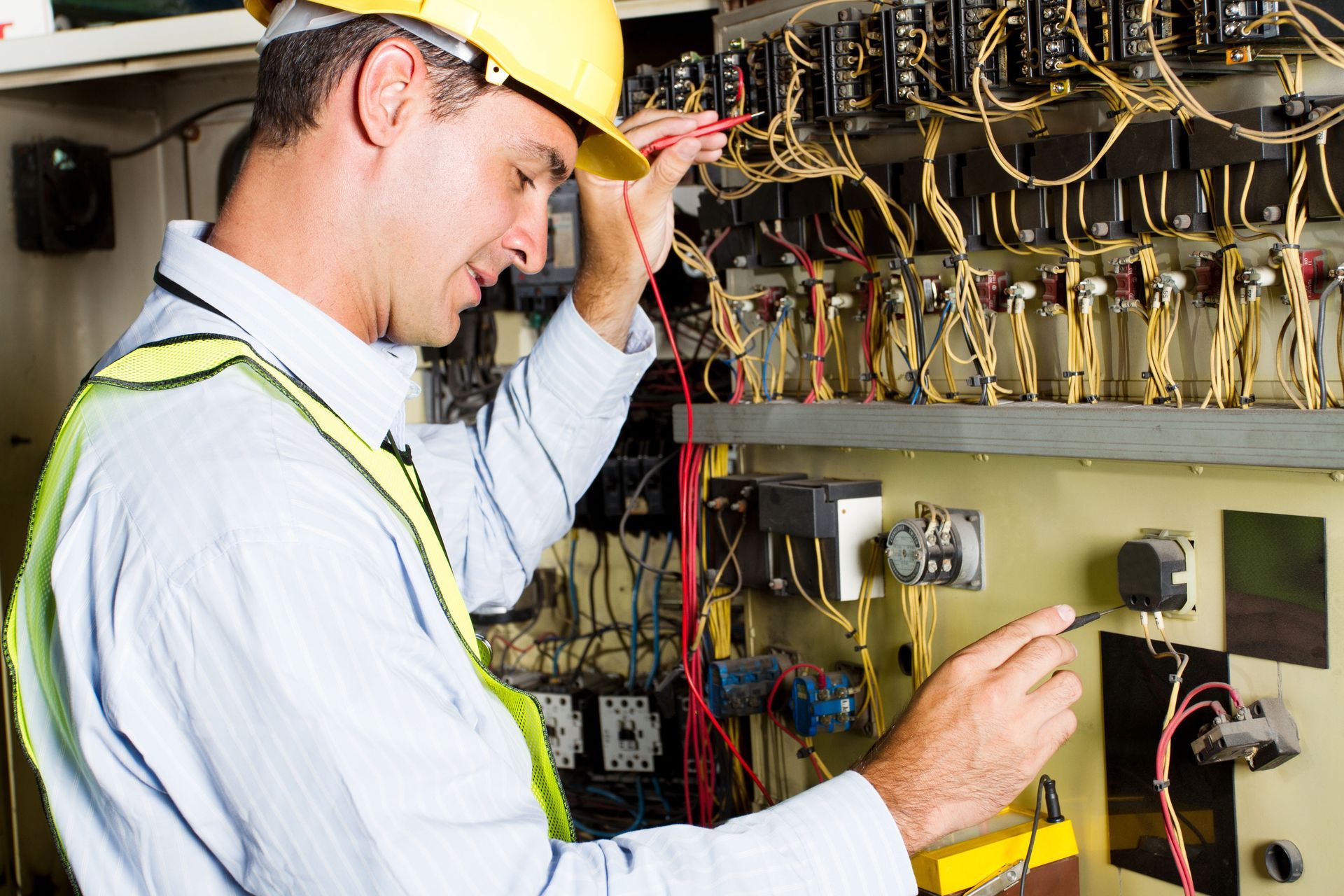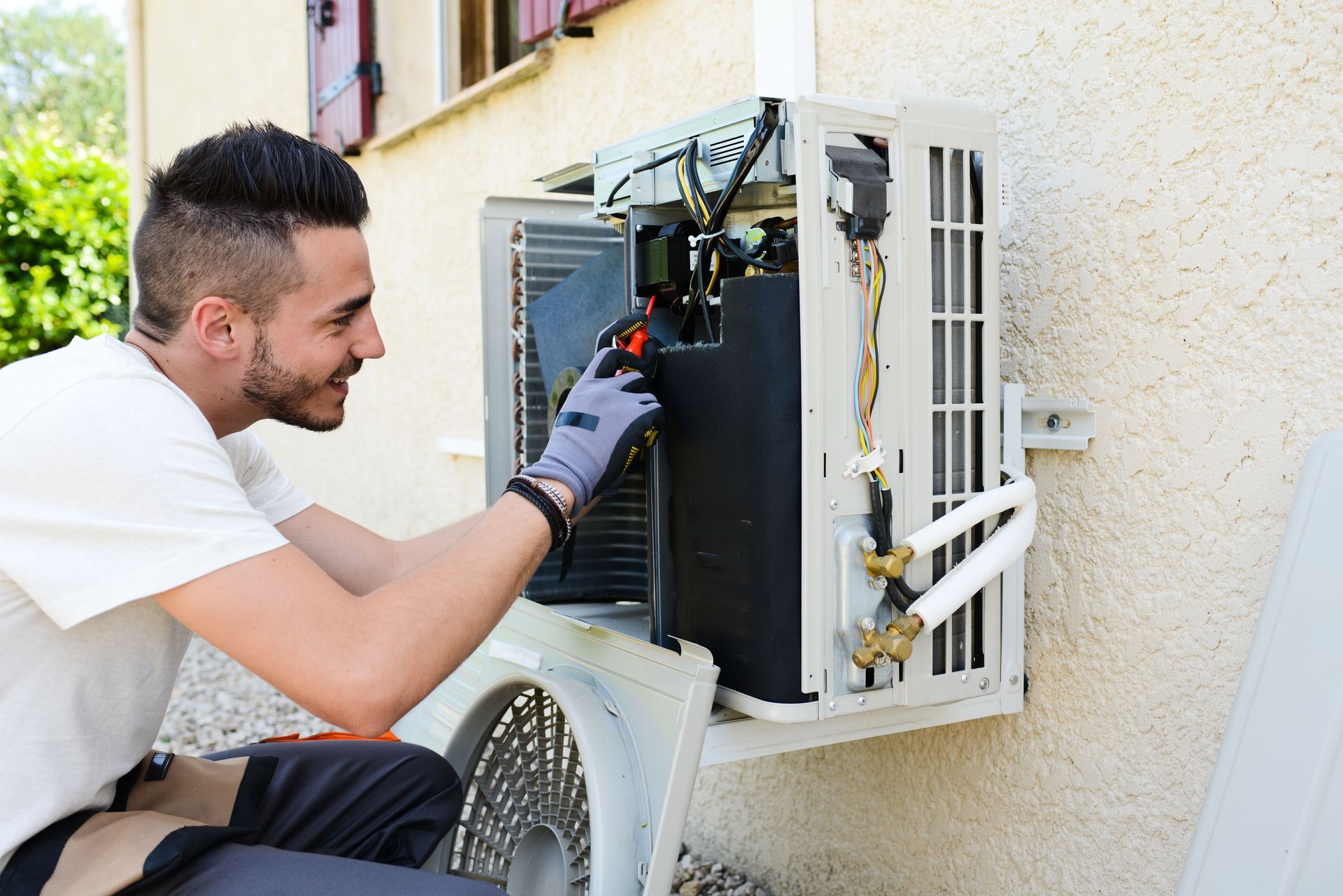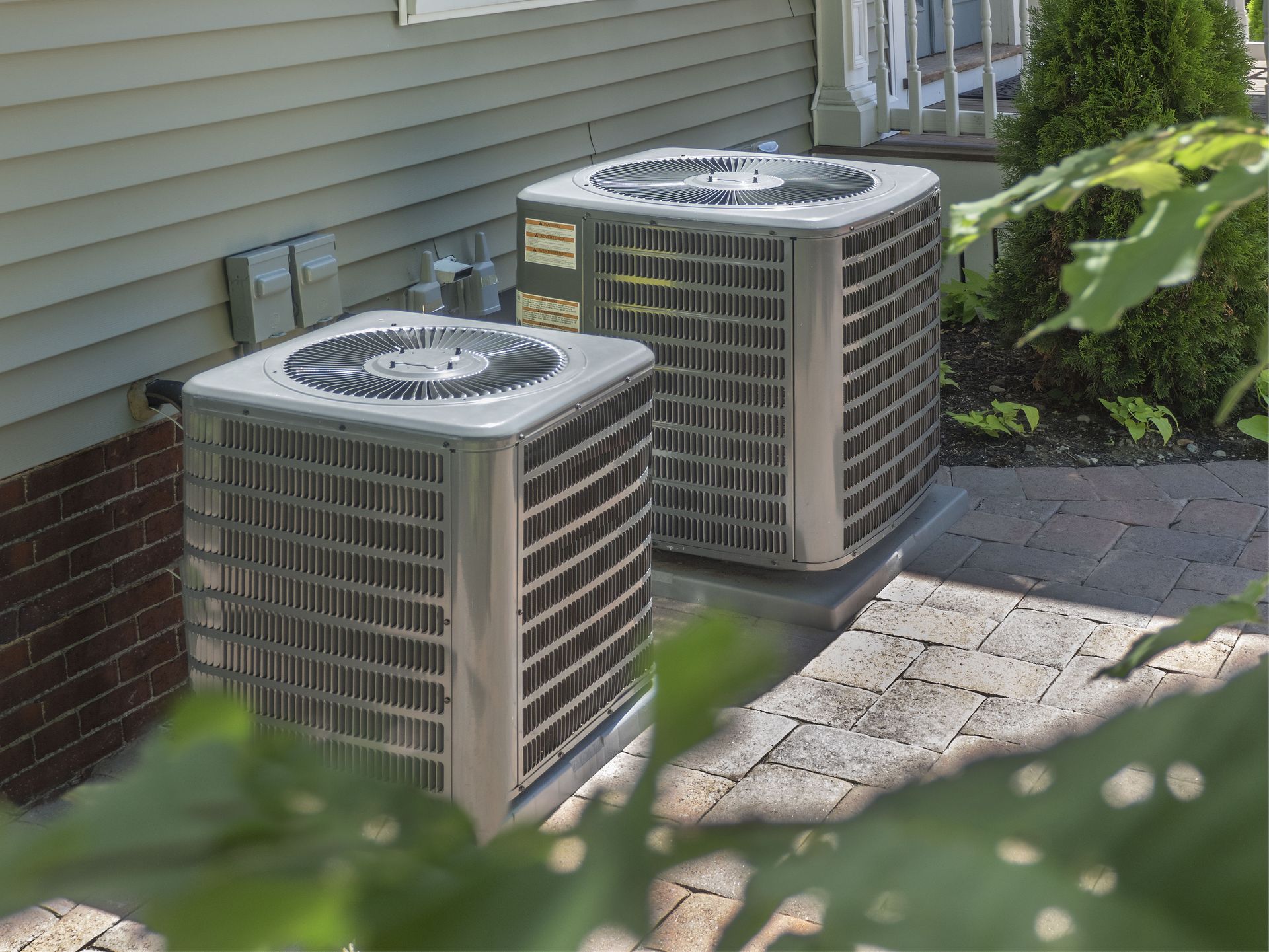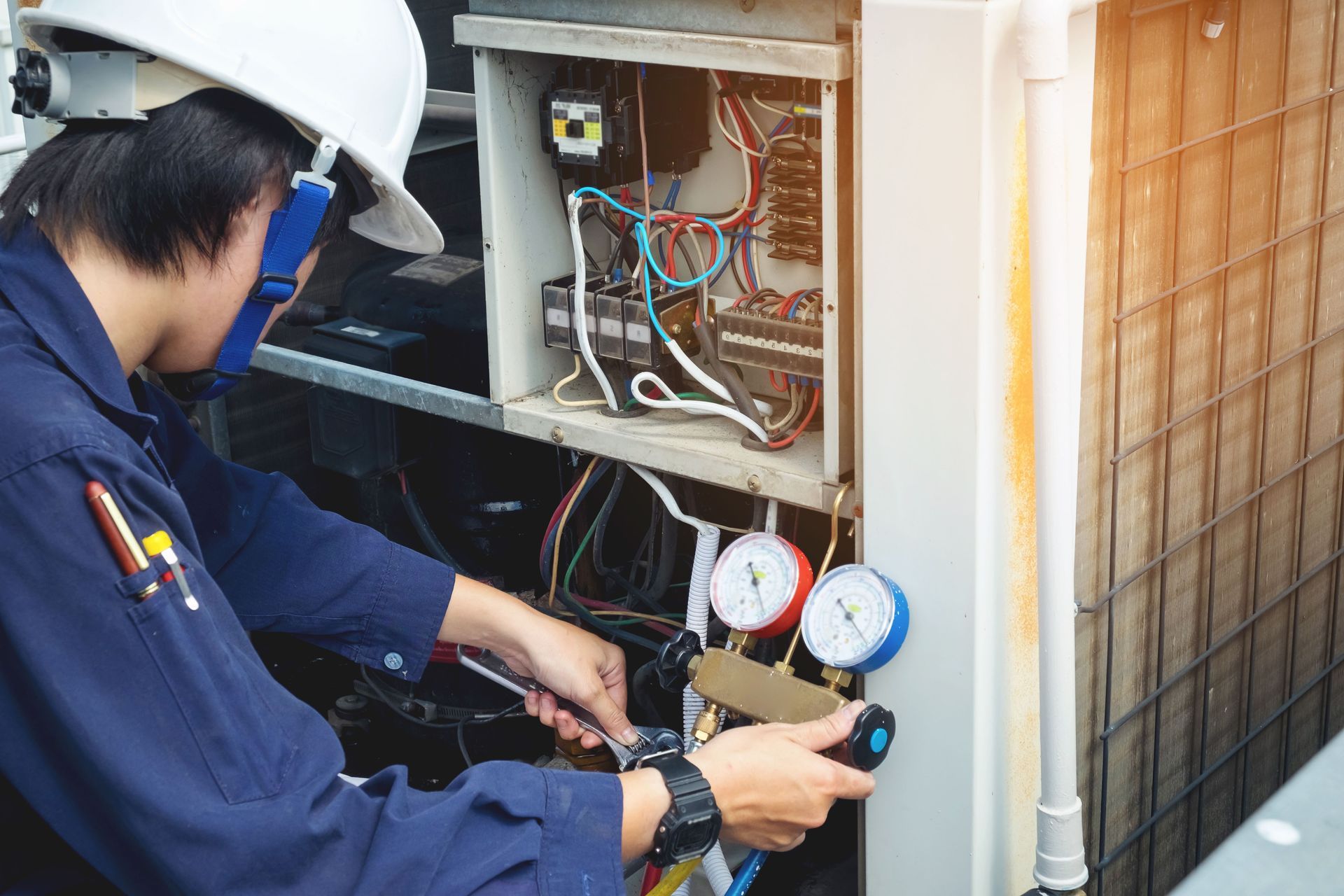Questions to Ask an Electrician Before Hiring
Hiring a qualified electrician isn't just a checkbox item on a renovation list—it’s an important investment in your home’s safety and functionality. Whether you're rewiring a historic home, adding outlets in a new addition, or troubleshooting a breaker issue, you need a professional who can do the work correctly and responsibly. In a field where errors can lead to major hazards, choosing the right electrician can save you time, money, and unnecessary stress.
According to IBISWorld, the electrician industry in the United States is projected to reach a market size of over $312 billion in 2025. With such an expansive and growing field, it’s more important than ever to ask the right questions before hiring someone for the job. Below are seven key areas to discuss with any electrician you’re considering.
Licensing and Certification Requirements
Start by confirming that the electrician holds a valid license to work in your state or municipality. Licensing shows that they’ve met the minimum educational and training requirements to work safely and legally. While rules vary by location, most states require electricians to pass a standardized exam and maintain continuing education to keep their license active.
Additionally, it’s worth asking about any additional certifications they may have. Some professionals pursue specialized credentials for solar installations, commercial systems, or energy-efficient technologies. If your project involves unique equipment or non-standard configurations, certified training in that area may offer added peace of mind. Always ask to see a copy of the license and verify it through your local licensing authority if you’re unsure.
Work Experience and Project Background
An electrician’s experience plays a huge role in how smoothly your project will run. Ask how many years they’ve been in business and what types of projects they typically take on. It’s helpful to work with someone who has handled jobs similar in size and complexity to yours, whether residential or commercial. A contractor who is familiar with the kind of work you need is more likely to anticipate potential challenges and complete the job efficiently.
Don’t hesitate to request examples of past work or photos from similar projects. If possible, speak with former clients or check references to get a sense of how the electrician handles communication, timeliness, and quality. A seasoned professional should be able to explain how their background aligns with your needs and give practical insights based on what they’ve learned in the field.
Warranty Coverage and Peace of Mind
Before moving forward with any electrical work, it’s a good idea to ask whether the electrician offers any kind of warranty on their services. Even if the job seems straightforward, it’s important to understand what kind of support is available if something needs to be adjusted later. A simple conversation upfront can help you avoid confusion or extra costs if issues come up after the job is done.
While warranty terms can vary, asking about coverage upfront helps set clear expectations. A professional electrician should be willing to explain their policies and let you know how they handle follow-up concerns. This also gives you insight into how they handle customer satisfaction and long-term service.
Timeline and Scheduling Process
Understanding how long your project will take is essential, especially if it’s part of a larger renovation or if your power will be off during the work. Ask the electrician for a start date, an estimated completion date, and a general outline of how the project will progress. This conversation helps set expectations and allows you to plan around any potential disruptions.
Delays can happen, but a well-organized electrician should maintain consistent communication. Ask how they handle unexpected issues, whether they’ll notify you of any changes, and what kind of daily or weekly progress updates you can expect. Being proactive about timelines reduces miscommunication and keeps things moving smoothly.
Approach to Safety and Compliance
Electrical work must be done with care, and it's important to choose an electrician who prioritizes safety in every aspect of their job. Ask how they stay current with applicable codes, industry standards, and recommended safety practices, especially as technology and regulations evolve. A responsible electrician should be able to explain how their process supports safe installations and reduces the risk of problems later on.
You can also ask what steps they take to deliver work that’s reliable, up to standard, and built to last. A focus on safety and quality not only protects your property but also reflects a professional approach that values long-term performance over quick fixes. Consistent attention to detail often makes the difference between work that holds up over time and work that requires future repairs.
Cost Structure and Payment Terms
Money matters, and it’s important to have a clear understanding of how pricing will be handled before work begins. Ask for a written estimate and take time to review what it covers, even if it’s a basic overview of projected costs. This helps you plan your budget and gives you something to refer to as the project progresses.
You should also ask how and when payments are expected to be made. Some electricians may ask for a deposit, while others bill upon completion or at specific points during the job. Having a transparent conversation about pricing and payment upfront can help avoid misunderstandings later.
Availability for Future Service Calls
An often-overlooked question is whether your electrician will be available for follow-up visits or ongoing maintenance. Electrical systems can require adjustments or repairs over time, especially after larger projects or upgrades. If the same contractor is willing to come back for service calls, you won’t have to start over with someone unfamiliar with your setup. Having a consistent point of contact makes troubleshooting faster and can help maintain system reliability over the long term.
It’s a good idea to ask how quickly they can respond to emergency requests and what their typical scheduling looks like for minor repairs or tune-ups. Knowing you have access to a reliable professional when issues arise can provide valuable peace of mind. Understanding their availability ahead of time can help you plan and reduce stress during unexpected electrical problems.
References and Reputation
Finally, take time to look into the electrician’s reputation. Ask for references from recent clients and follow up with them to get a sense of satisfaction and overall experience. A solid reputation is usually built on consistent communication, quality workmanship, and respect for the client’s property and time. Speaking directly with past customers can reveal how the electrician handles challenges and unexpected issues on the job.
Online reviews, trade group affiliations, and ratings can offer additional insight. Check to see if there are recurring complaints about punctuality, costs, or follow-up. While no contractor is perfect, a pattern of positive feedback is usually a good sign you’re hiring someone reliable and skilled. Balanced feedback across multiple sources helps ensure you’re making an informed decision rather than relying on a single opinion.
Hiring an electrician is a decision that should be made with care, attention to detail, and a clear understanding of what’s involved. With the U.S. electrician industry projected to reach over $312 billion in value by 2025, according to IBISWorld, it’s a competitive space filled with professionals of varying quality. By asking the right questions upfront, you’ll be better equipped to find someone who is not only qualified but also a good fit for your home or project. Ready to speak with a knowledgeable electrician? Contact Dayton Electric Co., LLC today and take the first step toward safer, smarter electrical solutions.






Share On: